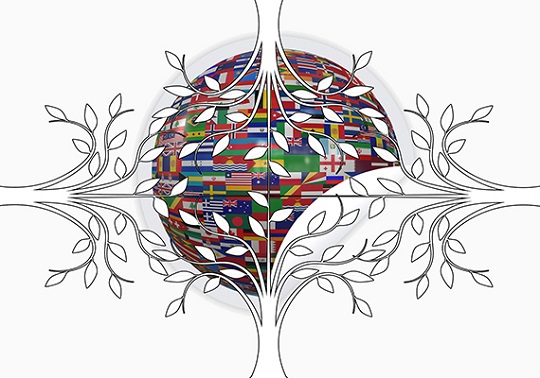
Trade agreements are at the centre of business coverage worldwide. Some unprecedented deals which will affect global trade for decades to come are either being agreed to or negotiated right now. Supporters and critics alike are extremely vocal. Here we delve into two of the biggest deals, involving a total of forty countries and most of the world’s biggest importers.
Name: Transatlantic Trade and Investment Partnership.
Countries/Markets Involved: 29; European Union (28 countries) and the United States of America.
Status: It’s hard to tell, due to the secrecy enveloping the negotiations. But to quote many analysts, ‘stillborn’ would be the right answer.
Precisely this secrecy could be the factor that ends up killing-off the TTIP, a trade and investment agreement designed to drastically reduce “customs duties, red tape and restrictions on investment on each side of the Atlantic”. Closed-door talks between the sides would have not been a problem if some ongoing information had been provided, but with the general public, journalists and even local politicians left in the dark, pressure has mounted on national and European authorities to dismiss the deal.
Why this deal is critical: The European Union is already, together with China, the largest exporter of goods and services in the world – without including intra-UE trade. And both the EU and the US are also the largest importers. They are also each other’s largest trading partner. Just a simple reduction or removal of tariffs (TTIP contemplates eliminating 87-97% of all tariffs) would surely lead to a significant increase in transatlantic business.
But what TTIP would affect the most – and this is the point where both critics and supporters are fiercely opposed – is national regulations, on everything from job protection to public services, food safety standards to government-business interaction and accountability. A point of convergence is needed between US and EU laws. But with public opinion – mostly in Europe – largely against awarding any kind of special concessions and a growing negative perception of the deal, TTIP under its current format may well be beyond the point of no return. The 15th round of TTIP talks, due in two weeks in New York, will prove if it has any life left.
Name: Trans-Pacific Partnership
Countries/Markets Involved: 12; Australia, Brunei, Canada, Chile, Japan, Malaysia, Mexico, New Zealand, Peru, Singapore, United States, Vietnam.
Status: Pending ratification. The – presumable – final deal was signed by all twelve nations on February 6 of this same year. A two-year countdown started from that moment: every single one of the countries concerned must ratify the final text, according to their national procedures. Seven months on, with review committees in process and national laws being reviewed for inconsistencies, no parliament has yet ratified the deal. Some of the first approvals will most likely arrive after the US election in November.
Why this deal is critical: In many ways, the same motivations that led to TTIP negotiations were the same that, previously, brought about TPP – just on the other U.S. coastline. One key difference is that while TTIP deals with two major trading blocks, in TPP, aside from the US (and arguably Japan), it’s a collection of relatively smaller markets. Still, together they represent about 800 million people and 40% of world trade. TPP is perhaps overall less far-reaching than TTIP, but at the same time will have a deeper effect, particularly on those countries where labour standards or intellectual property rights are not as protected or developed.
This deal is also extremely important because it would theoretically level China’s influence on Pacific business. China has signed or is negotiating FTAs (Free Trade Agreements) with every country involved in TPP – except for Japan and the US. While China has little to benefit from by entering the agreement, it will affect their business in the region.
Coming up: TISA, CETA and the European Digital Market.







